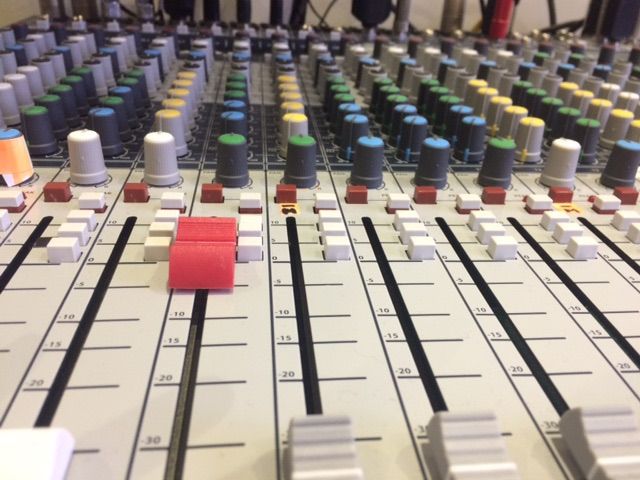A guide on how to become a voice actor and how to do voice overs
Posted on
Important steps to follow when beginning your career as a voice actor following on from the previous post.
A talented voice actor or narrator is a tremendous asset to any creative business. In the age of worldwide pushbutton entertainment, the opportunities for good presenters, female voice over, character voices and voice effects in the UK and abroad have never been greater. Numerous amateurs have found careers in the voice acting field, and for some, their big break wasn’t the result of an unlikely encounter with a big corporation or production company.
There are many aspiring voice actors across the web. Some have online portfolios, whereas others do spoken word content, such as podcasts, character demos or dramatic performances. The audiobook field is also growing substantially, with applications such as Audible easily downloadable onto people’s smartphones. But being ready and willing to put in the hard work is just the first step for someone wondering how to become a voice actor. Then it’s a matter of getting your craft to the level it needs to be and finding reliable opportunities for work. If you've made the decision to advance your career in this exciting field, here are some things to consider.

Quality Equipment
Nothing fatigues an audience faster than sub-standard audio quality. When setting up a home studio or seeking out a studio for your voice over, you must ensure the microphone is of the highest quality, and spend time making adjustments to your sound setup to make sure your recordings are undistorted and free of background noise. You need to be certain your audio hardware is capturing your voice at the correct timbre, and that you are producing audio data that provides the best fidelity when played back on the various devices used by consumers in the 21st century, particularly mobile.
Sufficient quality microphones can be found at a reasonable price online and there are various tutorials you can follow to learn how to correctly install accessories. A suspension boom, also known as a microphone arm stand, must be strong and sturdy for maximum stability during a reading, and a pop filter is essential for reducing mouth noises for a clean read. Take your time with these steps, because every opportunity you have depends entirely on the quality of the product you can deliver that is a result of the microphone, your audio hardware and how you use them both.
Create a Demo Reel and Portfolio
Once you are able to produce the best quality audio possible, you will need to produce a demo reel and portfolio so that prospective clients can sample your work before hiring you. This is often the most difficult step for a new voiceover artist learning how to do voice overs.
It is here you will likely need to make a decision as to what type of voiceover work you want to pursue. A portfolio with a broad range of work demos will be far less effective than one with ten demos focused in the same category. For example, if you want to record audiobooks, you will be more successful with numerous examples of that type of recording than you would be including cartoon voices and commercial announcer demos.
Offer your demo work in as many popular formats as you can, across multiple platforms and be certain to include your general contact information along with your web address in each demo. You never know where those recordings will end up and the last thing you want is for a potential opportunity to be wasted because you are unidentifiable and uncontactable.
Protect Your Rights
Under the Copyright, Designs and Patents Act 1988, anything you record that is regarded as original, and exhibits a degree of labour, skill or judgement is automatically copyrighted to you. If you work for someone else or sign a contract as a freelancer or contributor be certain you reach an agreement regarding the disposition of that copyright, as your work's commercial value depends on it. For the most part, you should be willing to license your work to your clients in exchange for payment. But, if clients insist on buying all the rights to your works, make sure you are adequately compensated.
Many people want to get into voice acting, so it can be a challenging industry to break in to. By taking professional steps in the appropriate order, you have a much better chance of not only finding lucrative work, but also of establishing a successful career. The key is making certain you produce to the highest quality, choose the most suited niche you can and always protect the value of your works.
Keep Voicing!

